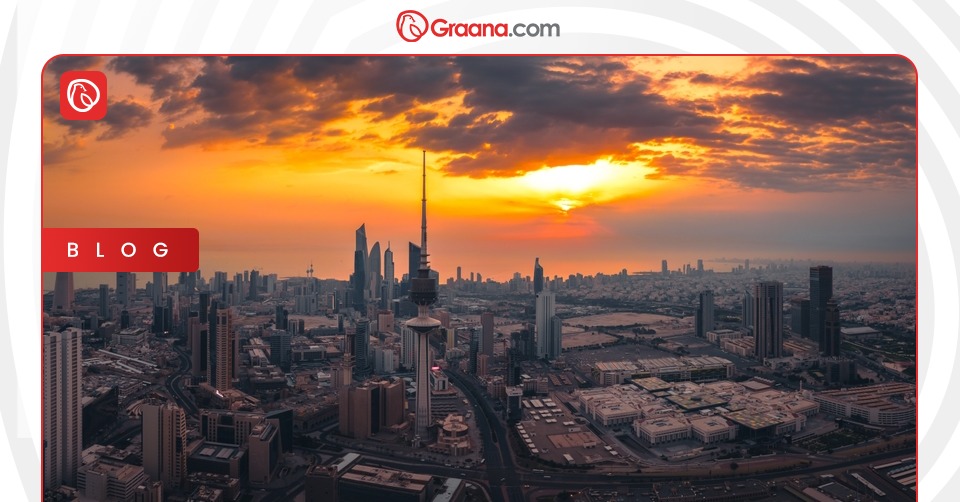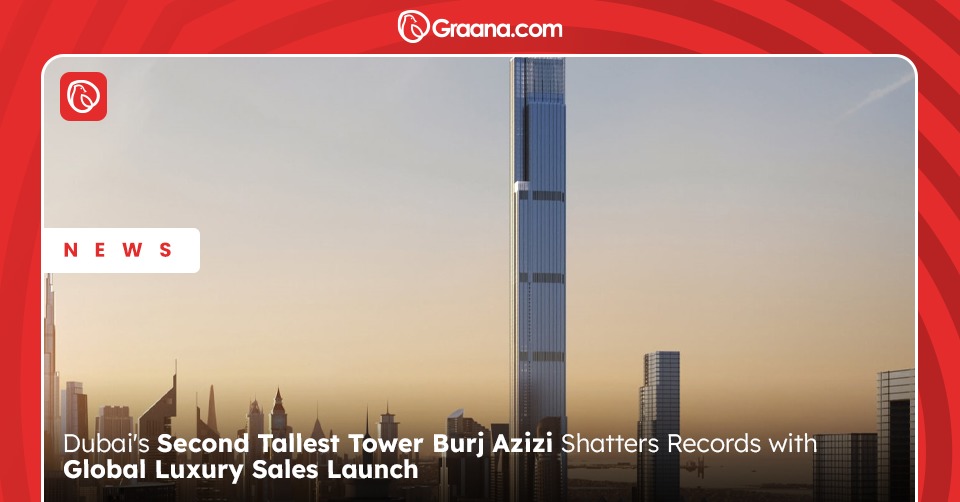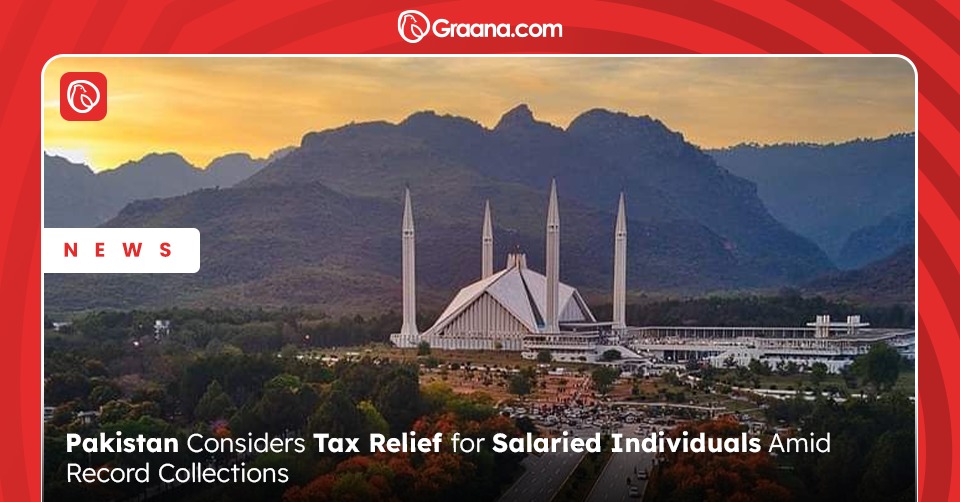Kuwait’s real estate market has seen remarkable growth during the third quarter of 2024, driven by a surge in investment and government-backed initiatives. The sector has struck a balance between stability in transaction values and a significant increase in the number of deals.
While the total value of real estate transactions held steady at $2.76 billion, the volume of transactions rose by an impressive 24% year-on-year, signaling heightened activity in smaller residential and investment property deals.
Investment Properties Lead the Charge
The latest report from Sakan, an online real estate platform, highlights that investment property sales soared by 49.5% in Q3 compared to the same period in 2023. This growth reflects a shift in buyer interest towards investment apartments, compensating for weaker performance in the commercial property segment.
Six Key Trends Shaping the Market
Several factors are shaping the trajectory of real estate market in Kuwait, underscoring its robust performance:
Emergence of Residential Cities
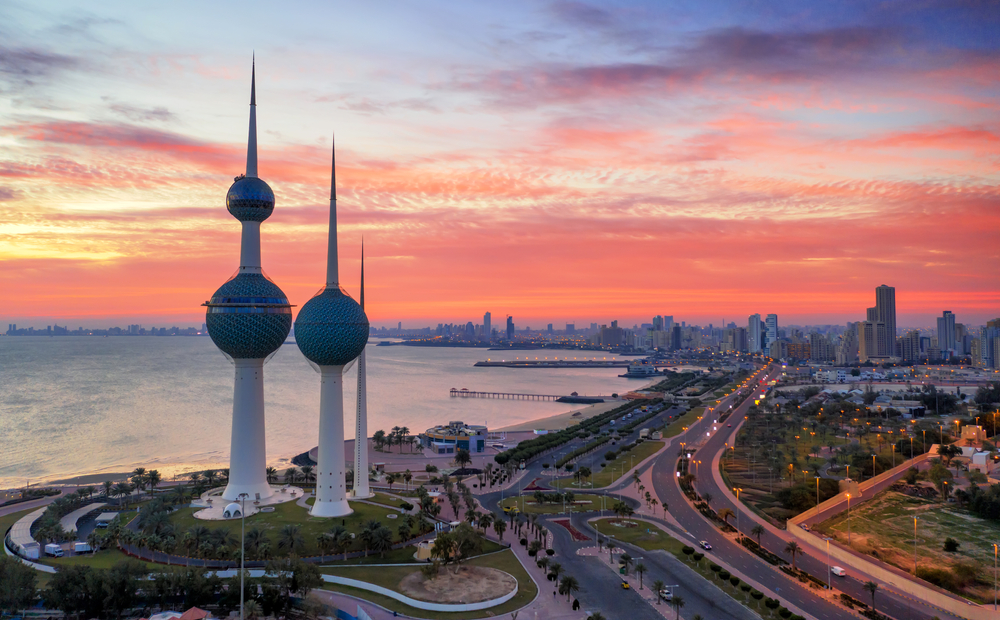
Government-led housing projects such as Al-Mutlaa City and South Saad Al-Abdullah City are driving the development of modern urban communities, meeting the rising demand for housing units and stimulating economic growth.
Infrastructure Investments
The government’s $32.6 billion investment in infrastructure, including roads, airports, and railway projects, is enhancing connectivity and boosting economic and real estate activities.
Tourism Expansion
The tourism sector is set to reach new heights, with an estimated 7.4 million tourists expected by 2028. This surge will increase demand for properties in the hospitality and retail sectors, further supporting real estate growth.
Regulatory Advancements
Reforms granting GCC nationals the same property rights as Kuwaiti citizens have bolstered the market. However, strict conditions remain for non-GCC nationals, limiting their access to property ownership.
Storage Demand
A growing need for storage spaces highlights a shortage in licensed facilities, emphasizing the necessity for regulation and investment in this sector.
High-Quality Office Spaces
The demand for premium office environments is rising as businesses seek better-equipped spaces to support their operations, reshaping the office real estate landscape.
Residential and Commercial Insights
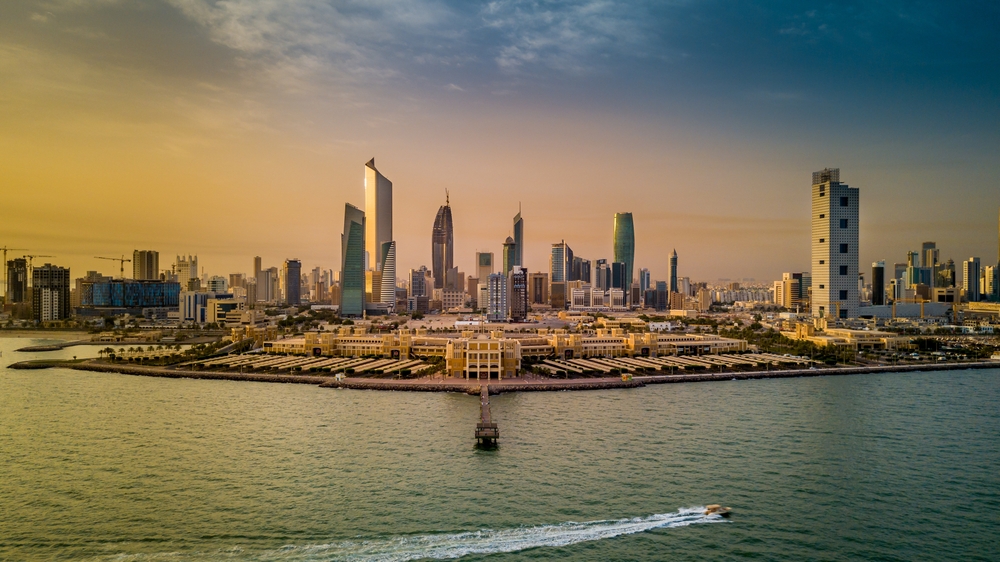
Rental prices across Kuwait vary by region, reflecting diverse housing demands. The Capital Governorate remains the most sought-after area, with average rents for a two-bedroom apartment at KWD643 per month and a three-bedroom apartment at KWD888.
In comparison, the Hawalli Governorate offers more affordable options, with rents ranging between KWD550 and KWD693 for similar properties. Investment yields for apartments in key areas such as Hawalli and Sabah Al Salem range from 6.9% to 9.1%.
In the commercial sector, industrial real estate is thriving, driven by high demand for warehouses amid limited supply. Meanwhile, rents for semi-fitted offices in areas like Sharq, Qibla, and Mirqab range between KWD10.1 and KWD12.3 per sqm per month, while retail shops command higher rates, averaging KWD23.6 to KWD25.3 per sqm per month.
Pakistan’s Opportunity to Learn from Kuwait
Kuwait’s strategic approach to real estate development offers valuable lessons for markets like Pakistan. By adopting a similar model—focusing on infrastructure development, regulatory reforms, and creating investor-friendly environments—Pakistan can unlock the potential of its real estate sector.
Programs like Graana.com’s Asset Management Division and Real Estate Investment Trust (REIT) initiatives are already laying the foundation for a more transparent, accessible, and dynamic market. Through sustained efforts, Pakistan’s real estate industry can replicate Kuwait’s success, fostering economic growth and creating long-term opportunities for investors.
This vision aligns with global trends, showing that a structured and forward-thinking approach can elevate real estate markets, benefiting economies and communities alike.
